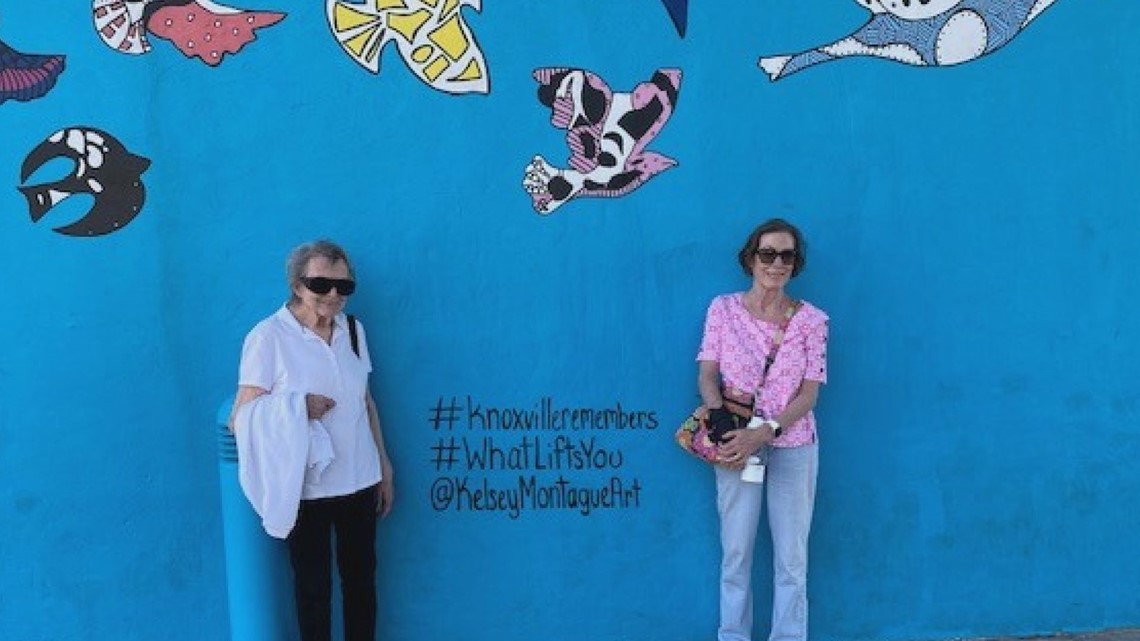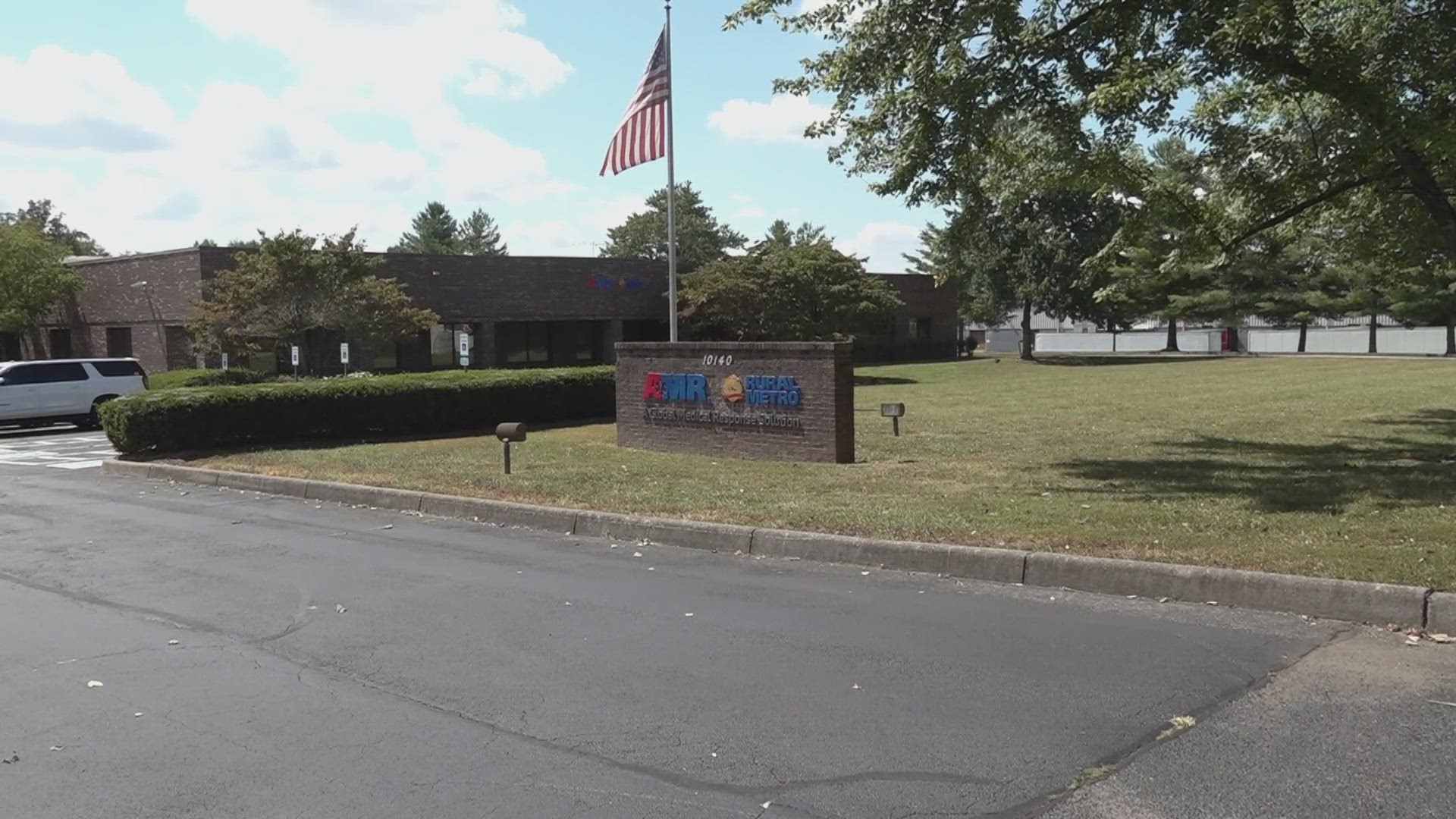KNOXVILLE, Tenn. — First responders often face too many patients and not enough resources. It comes down to whether a call is a priority or non-priority.
Knoxville's American Medical Response said they have been working on ways of helping patients when they don't need to go to the ER.
Catherine Trapp's mother was one of those patients, but the cycle of ambulance shortages in July 2022 affected her as well. Trapp found her mother, Mary Ellen Hogan, lying on the kitchen floor.
"She was not wearing her medallion for safety, so the main button was in the kitchen," Trapp said. "So I just hit the button. It transferred me immediately to 911."
Trapp didn't know what had happened to her mother other than she was stiff and 911 was going to be sending the first responders there. When the first responders arrived they assisted the situation, but she had to wait for the ambulance to come and pick up her mom.
While she waited outside, accompanied by friends and family, she said the process was taking too long.
"They went through and checked everything to make sure that there wasn't any foul play and then they had to wait for AMR to arrive," she said. "They let my mom lay on her kitchen floor for four and a half hours."


A spokesperson from AMR said it took them one hour and 47 minutes. On average they receive about seven to eight calls per day of a similar situation where a person is deceased.
AMR's ER drop-off times are over 50 minutes in many scenarios, Joshua Spencer Regional Director of AMR said. The industry standard is around 30.
When they don't have anyone to send to an emergency call, Spencer said they know someone from the first responders is going, such as the fire department or the police.
"Unfortunately, many times, back to my triaging and higher priority calls, those that rank as a low acuity call, because it's not the most important thing right now, the person that's having chest pain, or the child drowning in the pool, that's more important," Spencer said.
Last year, AMR tried to resolve the problem by implementing the Nurse Navigation Program that would free some of their ambulances.
"Since its inception, the Knox County Nurse Navigation program has successfully managed over 1,905 cases with impressive first-year highlights," AMR's spokesperson shared with WBIR. "Almost half of all callers sent to Nurse Navigation are directed to non-Emergency Department resources, and of those, more than 85% were able to be safely treated at home through telemedicine, a home visit from a mobile health provider, or nurse instructions. Even more impressive, 97% of cases managed by Nurse Navigation in Knox County did not clinically require a rapid response from first responders."
AMR's goal and focus has been for the last year or so, to get the right care to the patient at the right time. And Spencer said it's not always required to send an ambulance, lights and sirens rushing down the street.
Another way AMR has tried to resolve what Trapp went through with her mother is by changing their scheduling.
"We have one person assigned to that to forensics transports every single day," Spencer said.
This change wasn't the case in 2022. Trapp is trying to find a way to help with this shortage. One of the solutions she's looking into is based on municipal bonds, like the bonds that funded the new baseball stadium.
For now, she holds onto her faith that things will get better.
"[My mom has] given me a voice to try to make this better for everyone because I don't think there's one person in East Tennessee that wants to see their loved one lay on the ground for four and a half hours," Trapp said. "Hopefully we'll find a solution and we'll come through with it."

